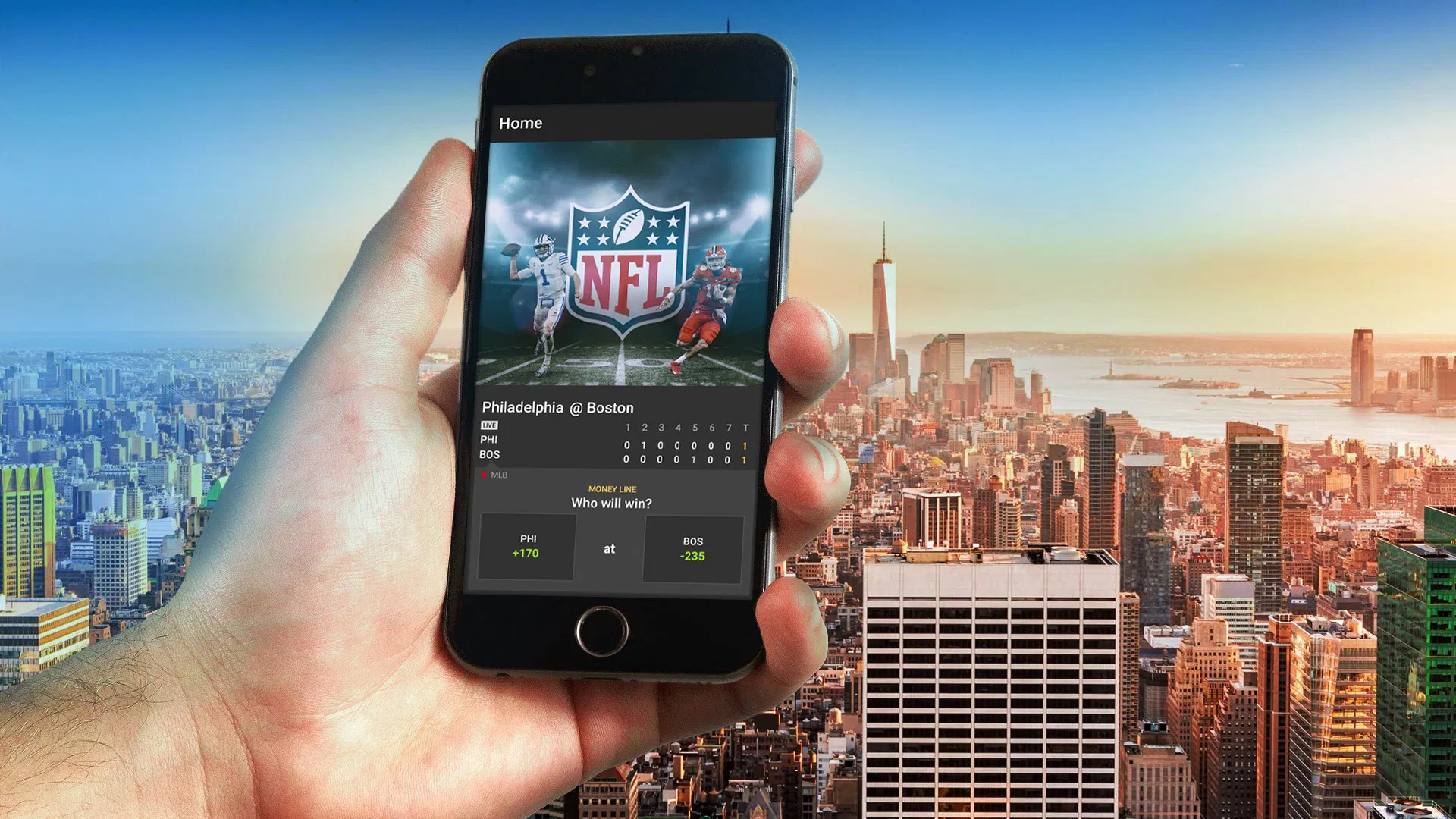"If you blend responsible gambling into everyday communication, it gradually becomes normalized"

At this year’s SBC Summit in Lisbon, Casino Guru continued to champion transparency and player protection in an industry that’s rapidly evolving. Speaking with Yogonet, Simon Vincze, Sustainable & Safer Gambling Lead, and Matej Novota, Head of Casino Research, shared insights from their participation in key discussions on responsibility, regulation, and market integrity.
From the challenges of reclaiming players lost to the black market to the rising threat of scam casinos, the pair reflected on lessons learned through Casino Guru’s Complaint Resolution Center and their broader work on safer gambling initiatives. They also explored how personalization and tone can transform responsible gaming communication, turning it from a warning into a meaningful part of the player experience.
What were your expectations for this year’s event? And what kinds of conversations were you looking to have here in terms of player protection, regulation, and so on?
Simon Vincze: My expectations were quite high because I really liked the program and the agenda around the sessions. I was looking to find new perspectives, perhaps new ideas about player protection, and I did.
I particularly appreciated the panel on whether we can have safe VIP schemes, ones that are still profitable but also safe for players. Another interesting one was the discussion on the offshore market, asking whether every offshore operation is dangerous. There were some very valuable perspectives shared in both.
Matej Novota: I wasn’t as lucky as Simon to attend many panels. I had a lot of meetings instead! But for me, that’s extremely important. Being in contact with people who truly understand the markets allows me to ask questions and understand what’s happening.
I need to watch the trends, and this event gives me a great opportunity to do that. Having everyone in one place, being able to talk to all the key people directly. That’s what I value most here.
Simon, you spoke in the debate “Who's Really Responsible for Gaming?”. The panel focused on whether operators, suppliers, or players ultimately hold responsibility for responsible gambling. What was your contribution to that discussion, and where does the industry currently stand in this debate?
Simon Vincze: My view is that responsibility is shared, but it’s not that simple. You need the support of all stakeholders: operators, regulators, support providers, and even affiliates.
Their role is to help and motivate players to become active participants in responsible gambling and harm reduction. Ultimately, players make the final decision on how and where they gamble. So yes, responsibility is shared, but players won’t suddenly take ownership on their own. We need to create structures that support them, ensure safety, and encourage them to be part of that process.
As for the industry’s current approach, I don’t think we’re distributing responsibility very effectively. Too much pressure is placed on operators and regulators, while other parties, like game and platform providers, aren’t incentivized enough to contribute.
Right now, many focus mainly on commercial goals and see safer gambling as something that falls only on operators, which isn’t ideal.
Matej, you participated in a panel about the German market: how do you see the balance between ensuring protection and avoiding over-intrusiveness that might push players to the black market?
Matej Novota: The problem with the German market is that, in my opinion, at least 50% of players already use the black market. So, regardless of what new measures are introduced now, it’s going to be extremely hard to bring those players back to the regulated market.
The transition period wasn’t handled very well. For about a year, players were able to directly compare regulated casinos with black market ones. Naturally, many chose what they found more convenient, and when the transition period ended, a lot of them stayed on the black market.
Casino Guru’s Complaint Resolution Center has now helped return over €50 million to players since 2019. How has the scale and nature of the cases you handle evolved in recent years? And what are some of the most frustrating issues you deal with, such as scam casinos?
Matej Novota: The most common issue, by far, remains delayed withdrawals. It’s number one and hasn’t changed over the years.
When comparing regulated versus unregulated markets, we receive around ten times more complaints from unregulated casinos. There’s clearly a correlation there.
As for scam casinos, unfortunately, we’ve seen a rise in these schemes. These operators use hit-and-run tactics: they appear legitimate — with live support, polished websites, even convincing branding — operate for a short time, collect money, and then disappear.
We can usually recognize them fairly quickly and issue warnings, but many players are still deceived. By the time they realize what happened, it’s too late, and there’s little we can do to recover their funds.
Responsible gambling is a core pillar of your work, as seen in initiatives like the recent Smartplay campaign and partnerships such as your one with BetBlocker. You’ve also highlighted the importance of communication and localization. What have you learned about what truly resonates with players when promoting safer gambling?
Simon Vincze: What resonates best is personalization. When the message aligns with what players consider normal or part of the fun of gambling. If the communication feels disconnected or overly moralizing, players are more likely to reject it.
Another key point is integration. Safer gambling messages shouldn’t sound separate from the rest of a company’s communication. Instead, they should be embedded naturally: the same tone, the same feel as promotional or brand messaging.
If you blend responsible gambling into everyday communication, it gradually becomes normalized. Players start to see keeping control and managing risk as a regular part of gambling, not something stigmatized or only for people with problems. That helps reduce the stigma around responsible gambling and encourages a healthier perception across the community.
















